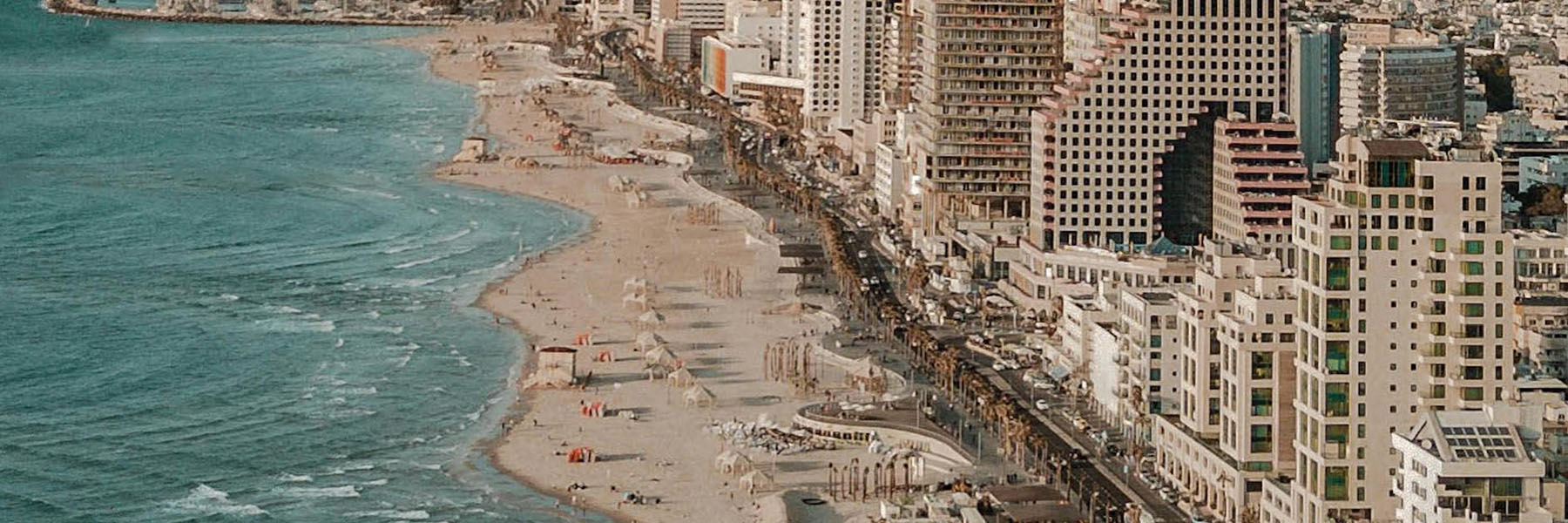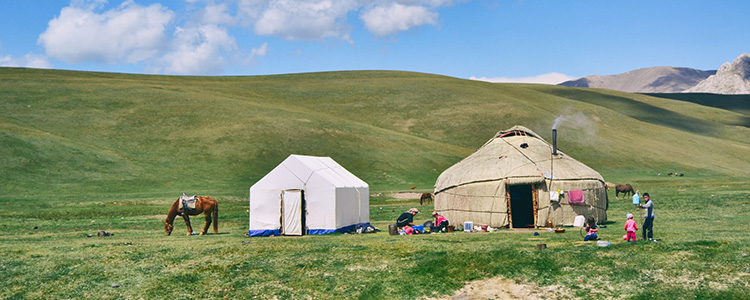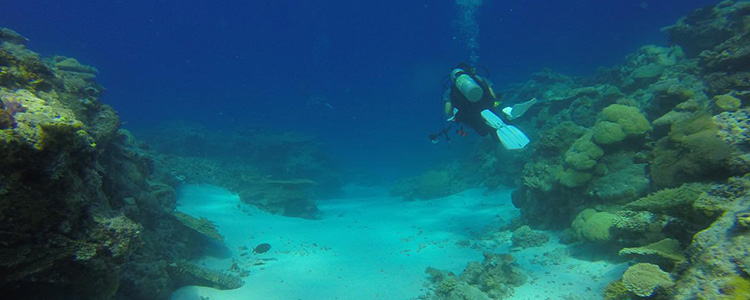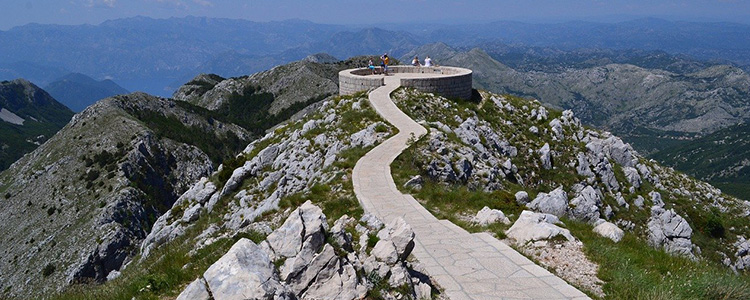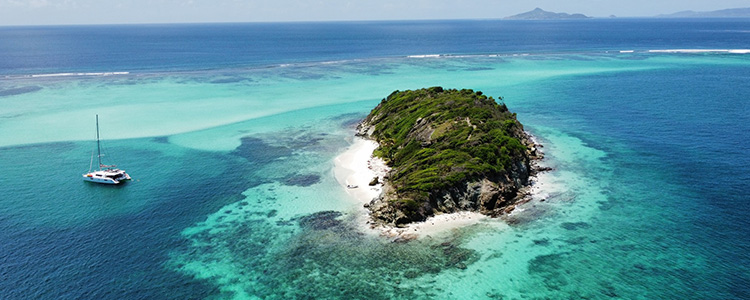Israel Country Bundle: suggestions, stories and tips
Content about Israel on WorldSupporter
 How does health care work in Israel, and what travel insurance, health insurance or expat insurance do you need?
How does health care work in Israel, and what travel insurance, health insurance or expat insurance do you need?
- How does the health care system work in Israel?
- How does the public health care system work in Israel?
- How does the private health care system work in Israel?
- How is the general practitioner arranged in Israel?
- How is the dentist arranged in Israel?
- How is the prenatal and pregnancy care arranged in Israel?
- How safe or unsafe is a trip or stay in Israel?
- Which work and travel insurance policies are suitable for short and long stays in Israel?
- What emigration and expat insurance can you take out for Israel if you are going to live there for a while?
How does the health care system work in Israel?
- Israel has an advanced healthcare system with excellent medical facilities and well-trained professionals. The country is known worldwide for its expertise in medical innovation and specialty care which attracts a lot of medical tourism.
- For whatever reason you are moving to Israel, you are required to be covered by health insurance as an immigrant. So unless you are moving under the “Law of Return,” you do need to obtain international health insurance upon departure. Then, in Israel itself, you have more options.
- Under the “Law of Return,” valid for Jews and some persons of Jewish descent, you are enrolled under a public health insurance company and do not have to pay anything for the first period.
- There is little difference in quality between public and private care, yet private health care is widely used because of waiting times, options and facilities.
- For emergency care, you can visit a family doctor's office or an emergency clinic. Outside of business hours, emergency clinics and telephone services are available.
- For emergency medical services, you can call 101. Responses are quick and efficient. It can be helpful to know some medical words in Hebrew such as ambulans (ambulance) and atsiloo (help).
How does the public health care system work in Israel?
- Israel has a universal health care system, the National Health Insurance Law, funded through a mandatory health care premium and taxes. If you are a foreigner working for a local company, you are automatically affiliated with the national system.
- Are you working for yourself or retired? Then you have to sign up yourself with one of the four public health insurance companies: Clalit, Maccabi, Meuhedet, or Leumit. However, this can only be done once you are a permanent resident, and even then you have to wait a while before you can sign up. Therefore, it is wise to get international insurance first.
- It does not matter which public insurer you are affiliated with, you can choose your own doctors as long as they are covered. You can also switch insurers again at any time.
- Basic care such as doctor visits, specialist care, hospitalizations, medications, mental care and maternity care is fully covered.
- Waiting times for non-emergency treatment can be long.
How does the private health care system work in Israel?
- In addition to public care, quite a few residents still opt for additional private care. This offers faster access to specialists and more luxurious facilities. This can be through one of the four non-profit public health insurers, or through their own insurance.
- Private healthcare is pricey. Because of reasons mentioned earlier, it is therefore wise for expats, especially temporary residents or people working for themselves, to get international health insurance.
- Employers are required to arrange private health insurance for expats employed by them. However, it is still wise to get your own expat insurance to cover other issues such as repatriation.
How is the general practitioner arranged in Israel?
- Israel has a well-organized general practitioner system. With public insurance, you choose a family doctor through your health insurance company. This family doctor is your first point of contact for medical care and refers you to a specialist if necessary.
- General practitioners are usually well trained and often speak English, especially in urban areas. GP care is part of the basic insurance, so there are no additional costs for consultations.
How is the dentist arranged in Israel?
- Dentists in Israel are excellently trained, and modern dental techniques are used.
- Dental care for children under 18 is included in the basic insurance.
- For adults, dental care is not included and must be paid out of pocket or through supplementary insurance.
- Generally, dentists speak good English.
How is the prenatal and pregnancy care arranged in Israel?
- Israel has excellent care for pregnant women. Regular checkups, ultrasounds, and tests are fully covered by basic insurance.
- Most deliveries take place in well-equipped hospitals. Special suites or private delivery rooms are available at additional cost.
- Home births are also legal, but are rare. There are also birth centers that offer alternative birth options.
- There is much support for breastfeeding, including lactation consultants in hospitals. Israel encourages breastfeeding as part of its health care strategy.
- Abortion is legal under a number of conditions such as the pregnancy is a danger to the mother (both physical and mental), the fetus has a disease or severe abnormalities, the pregnancy was caused by rape or incest or the woman is unmarried and under 17.
How safe or unsafe is a trip or stay in Israel?
What should you pay attention to in terms of safely in Israel?
- Israel is generally safe, but you have to take into account the current geopolitical situation that can lead to violent outbursts.
- Cities such as Tel Aviv and Haifa are very modern and safe, while areas near the Gaza Strip and some parts of the West Bank are best avoided.
- There is a risk of kidnapping in Gaza and on the border with Egypt. There is also always the risk of rocket fire, although Israel has a well-working defense system.
- Crime numbers are low, but as in any city, pickpocketing can occur.
- Be especially careful during certain days and events such as Thursday, Saturday, after Friday prayers, Jewish holidays, Ramadan, other religious holidays and national holidays.
What should you look out for in terms of diseases in Israel?
- Tropical diseases are rare in Israel, but there is a small risk of mosquito-borne diseases in rural areas.
- Standard vaccinations are recommended, including those against Hepatitis A and B.
- Tap water is of high quality and safe to drink, thanks to advanced water treatment technologies.
- In the dry southern part of the Negev, flooding can be a risk during bad weather.
What should you pay attention to when it comes to traffic in Israel?
- Roads in Israel are well maintained. The road network is modern, with highways connecting major cities.
- However, accidents are common due to reckless driving and poorly maintained cars.
- Israel offers an efficient public transportation system with buses, trains and shared cars. Keep in mind that public transportation is limited on Friday nights and Saturdays (Sabbath).
Which work and travel insurance policies are suitable for short and long stays in Israel?
- Is the trip to Israel and your return sufficiently covered? Are you sufficiently covered before, during and after your activities? Which insurance best suits your trip and your activity? Read more about insurances for abroad on JoHoinsurances.org.
What emigration and expat insurance can you take out for Israel if you are going to live there for a while?
- Since it is compulsory to be insured and as a temporary resident you are also not insured under the public system, it is important to get proper insurance yourself. Read more about insurances for abroad on Expatinsurances.org.
 Israel: Updates & Travel
Israel: Updates & Travel
Travel in Israel?
- Discover Tel Aviv's vibrant nightlife and then come to contemplation in the silence of the Negev desert or spend an afternoon floating on the Dead Sea. Experience what it's like to live in a community and volunteer in a kibbutz. Experience the special situation in Jerusalem where the world's three major religions come together, visit the Nativity Church in Bethlehem and experience the hospitality of the Palestinian people.
- Palestine has not been recognized by all United Nations member states. Despite regular unrest between Israel and Palestine, Palestine became an increasingly popular destination for tourists and visitors in recent years
- Enjoy the beach at Eilat, Tel Aviv or along the Mediterranean coast. If you snorkel or dive at Eilat you will see beautiful corals and fish.
- Float on the Dead Sea. Because the water is so full of salt and minerals, you are probably lighter than the water and so you can float. There are many health spas in the area.
- Take a tour of the Negev desert from Mitzpe Ramon or Eilat.
- In a kibbutz you can still see socialism in practice, there are still a few kibbutz where almost everything is shared because all items are the property of the community.
- Jerusalem: Few cities have as much history as Jerusalem. The Dome of the Rock, a memorial not a mosque, is a crime for non-Muslims to enter but the history of this memorial is worth trying. The Israel Museum houses the Dead Sea Scrolls, the oldest surviving Biblical texts. The old center of Jerusalem is also not to be missed. If you have never encountered an Orthodox Jew you will be amazed at the long robes, beards and hats in the Mea She'arim neighborhood where most of Israel's Orthodox Jews live. Faith at its peak at the Wailing Wall which is sacred to both Muslims and Jews. The wall is divided into two sections, one for women and one for men. Anyone may come here as long as you as a man cover your head and as a woman are not dressed too nude.
- Yad Vashem is the official memorial site for the Jews who died in the Holocaust. Not very cozy, but impressive.
- Tel Aviv: The Carmel market, great shopping, vibrant nightlife (especially popular with gays), good restaurants and the beach around the corner.
- Located in the West Bank, Jericho is the oldest and most low-lying city in the world. A small town you can easily visit in conjunction with a visit to the Dead Sea.
- Imagine yourself in a Roman city for a few hours while visiting Beit She'an National Park.
- Visit the imposing Castle of the Large Cliff (Nimrod Fortress) for a perfect combination of history and amazing views.
Updates Israel
- More about Israel, updates and contributions, see the link below.



 Israel
Israel